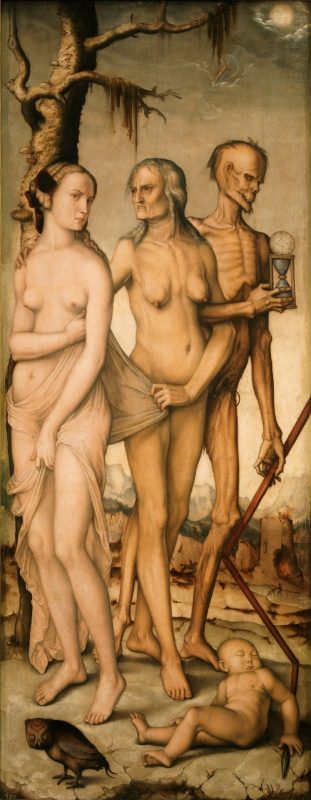Irene Calà (München/Berlin):
Old Age in the Late Antiquity: Female Ageing between Physiology and Appearance
According to Aristotle the process of ageing is a gradual exhaustion of vital heat and for this reason linked with the internal organs, especially heart and lungs, and with the appearence, for instance the skin becomes harder and thicker.
Starting from the Aristotelian theory of ageing we will follow the image of the process of ageing across the century in the medical texts. Since Hippocrates the elderly people are patients to cure in different way, because their bodies differ in particular regarding physiological processes and appearence. The female body has a particular place in this image of the old age closely connected with the procreation, as medical works of Late antiquity demonstrate.
The lecture series Physiology discusses visualisations of physiological constitutions and their role in the genesis, transformation and dissemination of knowledge (including artistic, medical, natural historic, technological) along concrete bodily processes: conceiving/fathering, giving birth/being born, ageing, dying, digesting.
Irene Calà is a Byzantine Philologist working on the longue durée of medical knowledge between the Antiquity and the Middle Ages. She is research associate at Ludwig-Maximilians-Universität Munich in the DFG project (386999510) ‘Griechische Erstedition der Libri medicinales, Bücher 10 und 14, des Aëtios von Amida (6. Jh. n. Chr.) samt deutscher Übersetzung, medizinhistorisch-philologischem Kommentar und Quellenanalyse’, and Visiting Researcher at Humboldt Universität zu Berlin.
Meeting Link
Organisation, Konzeption: Romana Sammern
Bildnachweis: Hans Baldung Grien: Ages of Woman, ca. 1540/43. Oil on wood, 151 x 51 cm. Museo del Prado, Madrid. Foto: Commons






